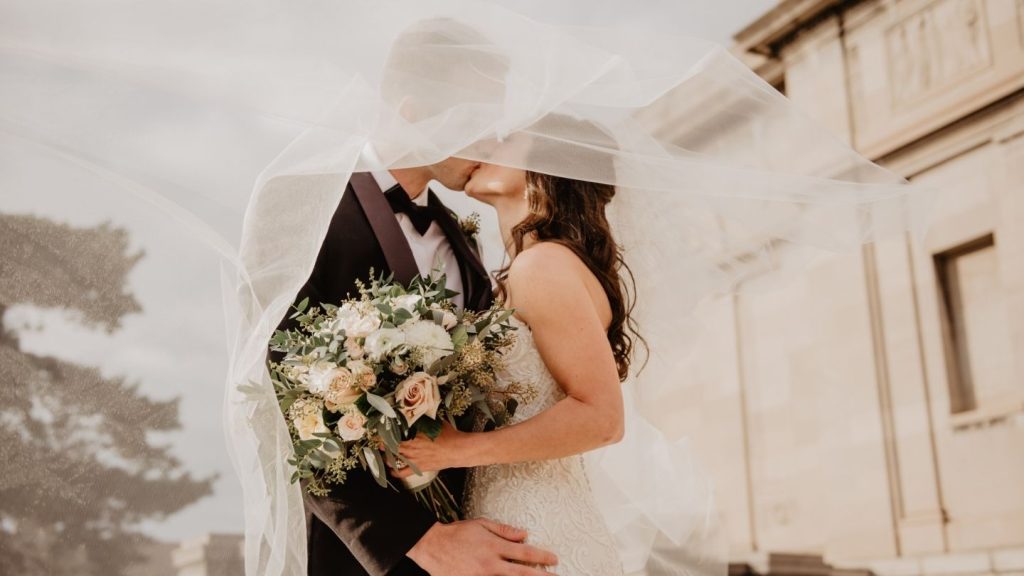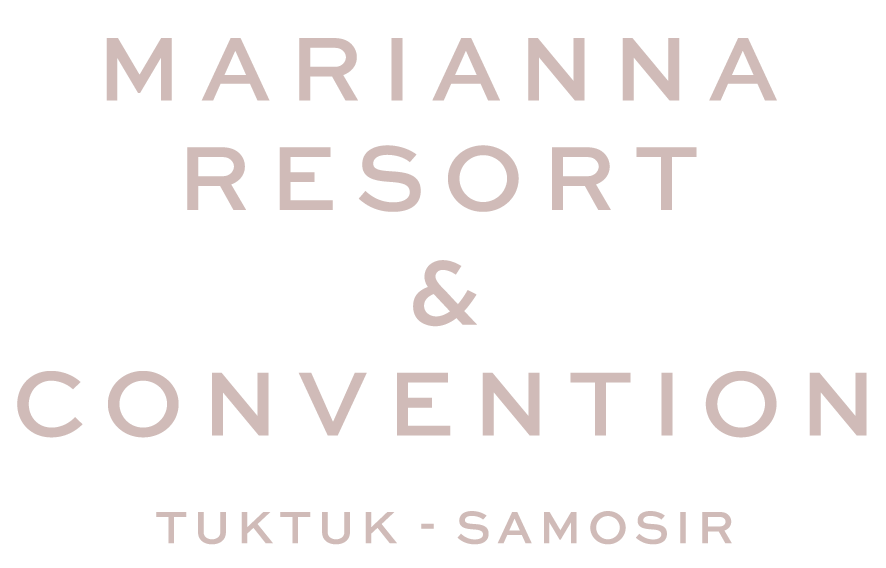Planning a wedding is an exciting time, filled with dreams of the perfect dress, venue, and decorations. However, one aspect of wedding planning that often causes stress is budgeting. Setting a realistic wedding budget is crucial to ensure that your special day doesn’t leave you with financial stress long after the vows have been exchanged.
UNDERSTANDING YOUR WEDDING BUDGET
Before diving into the details of wedding planning, it’s essential to establish a clear budget. Sit down with your partner and any contributing family members to discuss how much you’re willing to spend on the various elements of your wedding. Consider factors such as your income, savings, and any financial assistance you may receive.
PRIORITIZE YOUR EXPENSES
Once you have a total budget in mind, it’s time to prioritize your expenses. Identify the elements of your wedding that are most important to you and allocate a larger portion of your budget to those areas. For some couples, the venue or photography may be top priorities, while others may prioritize food or entertainment.
BE REALISTIC
While it’s tempting to want a lavish wedding with all the bells and whistles, it’s essential to be realistic about what you can afford. Remember that your wedding is just one day, and overspending can lead to financial strain in the future. Set realistic expectations and be willing to compromise on certain aspects of your wedding to stay within your budget.
TRACK YOUR SPENDING
Once your budget is set, it’s crucial to track your spending carefully. Keep a detailed record of all expenses related to your wedding, including deposits, payments, and unexpected costs. This will help you stay organized and ensure that you don’t exceed your budget.
Nevertheless, defining your wedding budget shouldn’t be scary and hard. After all, a wedding is a once in a lifetime experience, so you should enjoy every moment of it, starting from the planning process until your special day! Therefore, Marclan provides you two examples of a wedding budget that you could consider for your wedding.
REALISTIC WEDDING BUDGET BREAKDOWN
1. Venue and Catering (40%)

- Venue Rental: This includes the cost of renting the ceremony and reception venues. Consider factors such as location, size, and amenities when choosing a venue
- Catering (Food and Drinks): Covering both food and beverage costs for your guests, including hors d’oeuvres, main course, drinks (alcoholic and non-alcoholic), and wedding cake
2. Attire and Beauty (10%)

- Bride’s Dress and Accessories: Budget for the bridal gown, veil, shoes, jewelry, and any alterations
- Groom’s Attire: Account for the groom’s suit or tuxedo, shoes, and accessories
- Hair and Makeup: Including trials and styling on the wedding day for the bride and possibly the bridal party
3. Photography and Videography (15%)

- Photographer: Hiring a professional photographer to capture all the special moments of your wedding day, including engagement photos, pre-ceremony, ceremony, and reception
- Videographer: Recording and editing a high-quality video of your wedding day, including highlights, interviews, and candid moments
4. Entertainment (10%)

- DJ or Band: Hiring entertainment for the reception, whether it’s a DJ, live band, or other musical performance
- Ceremony Musicians: If you choose to have live music during the ceremony, budget for musicians or a vocalist
5. Decorations and Flowers (10%)

- Ceremony Decor: Including floral arrangements, aisle runners, arches, and other decorations for the ceremony venue
- Reception Decor: Covering centerpieces, table linens, lighting, signage, and any other decorative elements for the reception venue
6. Wedding Planner or Coordinator (5%)

- Wedding Planner: Hiring a professional wedding planner to assist with planning, coordination, and execution of your wedding day
- Coordinator: If you prefer to handle most of the planning yourself, consider hiring a day-of coordinator to ensure everything runs smoothly on the wedding day
7. Stationery and Invitations (3%)

- Invitations: Designing and printing wedding invitations, RSVP cards, save-the-dates, and other stationery
- Postage: Budget for postage to send out your invitations and RSVP cards
8. Transportation (2%)

- Transportation for Bridal Party: Renting transportation for the bridal party to and from the ceremony and reception venues
- Guest Transportation: Providing transportation for guests if the venues are not easily accessible
9. Miscellaneous (Contingency Fund) (5%)
- Unexpected Expenses: Setting aside a contingency fund to cover any unexpected costs that may arise during the planning process or on the wedding day itself
TYPICAL WEDDING BUDGET BREAKDOWN

1. Venue (37%)
The largest portion of your wedding budget will typically be allocated to the primary investment, which often revolves around the venue. Choosing the right venue not only impacts the ambiance but also influences other expenses, making it a crucial decision in your wedding planning process.
2. Catering (28%)
Catering represents a significant portion of the typical wedding budget. This encompasses the per-person cost for food services. Depending on the offerings provided by your chosen venue, this aspect may also cover wedding cake.
3. Band (12%)
Allocating 12% of your wedding budget to the band ensures captivating entertainment for your guests. Whether you choose a live band or a DJ, this expense contributes to the lively atmosphere of your celebration.
4. Wedding Rings (9%)
Dividing 9% of your budget to wedding rings ensures you find the perfect symbols of your commitment without overspending. Consider factors like metal type, gemstone choice, and customization options.
5. Photography (8%)
Stunning photos serve as timeless treasures, preserving cherished memories from your special day, making it a worth investment. Investing in a skilled photographer ensures lasting memories of your special day captured in beautiful, high-quality images.
6. Alcohol/Liquor (8%)
Allotting a portion of your budget for alcohol is essential. Consider opting for limited bar options or signature cocktails to manage expenses effectively.
7. Flowers (8%)
Flowers have the power to entirely alter the ambiance of your wedding, and numerous couples also choose to include bouquets or boutonnieres in their attire. Consider opting for seasonal blooms or using greenery to stretch your floral budget further.
8. Videography (7%)
Allocating a portion of your budget to videography ensures you capture every precious moment of your big day. A skilled videographer will create a timeless keepsake that allows you to relive the magic for years to come. Investing in a videographer ensures you can relive your favorite moments with a cinematic touch.
9. Couples Attire (Dress & Suit) (7%)
Setting funds for couples’ attire, including the bride’s gown and accessories as well as the groom’s suit and accompanying items, is essential. Consider shopping during sales or opting for rental options to save on costs without compromising style.
10. Wedding Planner (6%)
Hiring a wedding planner can streamline the planning process and alleviate stress, but it comes at a cost. With their expertise, you can relax, confident that every detail is in capable hands.
11. Event Rentals (6%)
Event rentals, such as chairs, tables, and linens, are essential elements of wedding planning, typically constituting around 6% of the budget. These costs can vary based on the quantity and quality of items needed for the ceremony and reception venues.
12. Lighting & Decor (5%)
Investing in lighting and decor is essential for creating the perfect ambiance on your wedding day. From fairy lights to floral arrangements, these elements add an enchanting touch that enhances the overall atmosphere of your celebration.
13. DJ (5%)
Whether you opt for a DJ or a live band, this investment will create unforgettable moments for you and your guests.
14. Guest Entertainment (3%)
Consider hiring live painters, dancers, additional musical performers, poets, or caricature artists to provide memorable moments for your guests to enjoy.
15. Transportation (3%)
Transportation is a vital consideration. This includes arrangements for transporting the bridal party to and from venues, as well as guest transportation if necessary.
16. Ceremony Musicians (3%)
Assigning a portion of your budget to ceremony musicians adds a touch of elegance to your wedding. Whether you opt for a string quartet, harpist, or vocalist, live music creates a beautiful ambiance for exchanging vows.
17. Hair & Makeup (3%)
Investing in professional styling ensures a flawless look that enhances your confidence and complements your wedding attire perfectly.
18. Stationery (2%)
Stationery expenses for weddings typically cover invitations, RSVP cards, and other printed materials. Stationery costs for weddings, including invitations and RSVP cards, can vary depending on design complexity and quantity needed.
19. Cake/Desserts (2%)
While some venues may offer wedding cake or desserts as part of their packages, many couples choose to source their own desserts for the wedding reception. Consider opting for a smaller tiered cake supplemented with a variety of desserts.
20. Wedding Favors & Gifts (1%)
Consider personalized keepsakes or edible treats that reflect your wedding theme, ensuring your guests feel appreciated without overspending.
21. Officiant (1%)
Ensure to discuss fees, customization options, and any additional services they provide within your budget constraints.
22. Additional Jewelry (1%)
Additional jewelry can add elegance to your wedding attire. Consider borrowing or renting pieces to save costs without compromising on style.
COMMON MISTAKES TO AVOID WHEN PLANNING A WEDDING BUDGET

1. Not Allocating Funds Correctly
This mistake could lead to overspending on less important aspects and neglecting key elements. Prioritize wisely and allocate funds according to what matters most to you.
2. Not Keeping Track of Your Spending
Excitement can lead to overspending in wedding planning. Stay vigilant by tracking expenses closely to avoid surprises. Organization and financial awareness are crucial for a smooth and stress-free planning process.
3. Forgetting to Budget for Hidden Costs & Extras
Planning a wedding budget involves more than just big-ticket items. To avoid surprises, review contracts carefully, consider taxes and gratuities, and set aside a contingency fund for unexpected expenses.
Pay more attention to this common extras:
- Overtime: Extended celebrations may lead to extra charges for vendors like photographers and venue managers. Plan for overtime costs in your budget, and enjoy a pleasant surprise if you don’t use it.
- Service Fees: Venues often include a service charge for hiring staff, typically 20%-25% of the food and drink fee.
- “Free” Trials: Be cautious of repeated changes during trial sessions, as they may result in additional charges from vendors like florists and hairstylists.
- Extra Decorations: Small expenses like RSVP card stamps and marriage license fees can accumulate. Going slightly over budget in multiple areas can surpass your overall limit.
- Gratuities and Vendor Tips: Budget for tips for various service providers, from church staff to hotel stewards. Set aside at least 10% to 20% from the total bill for each service or vendor for gratuities and remember that tipping is customary for wedding vendors.
4. Not Allowing Room for Overspending
Having wiggle room in your budget is crucial. Allocate for unexpected expenses, prioritize spending on what matters, and research thoroughly to avoid underestimating costs. Stay vigilant in tracking expenses and consider cost-saving alternatives.
5. Not Taking Advantage of Rewards Programs
Maximize savings on your wedding budget with rewards programs. Cashback, travel rewards, and discounts on essentials can make your dream wedding more affordable. Research and enroll in programs early to capitalize on savings.
6. Not Discussing Priorities from the Start
Open communication with your partner about wedding priorities is crucial. Discuss what matters most, be it venue, photography, or entertainment. Setting clear priorities early on helps allocate the budget effectively and prevents disagreements later.
7. Not Being Tough on the Guest List
Keep your wedding budget in check by being selective with your guest list. Prioritize close family and friends to avoid overspending on catering and seating. Remember, a smaller guest list means a more intimate and affordable celebration. Still can’t decide who to put on your wedding list? Check out some tips from Craft Your Wedding Guest List Like a Pro and list your guests like a pro.
8. Forgetting to Invest in Insurance
Investing in wedding insurance is often overlooked but crucial. It protects against vendor cancellations, extreme weather, or illness.
Planning a wedding on a budget may seem daunting, but with careful planning and prioritization, it’s entirely possible to have the wedding of your dreams without breaking the bank. By setting a realistic budget, tracking your spending, and being willing to compromise, you can create a memorable and meaningful day that you’ll cherish for years to come. Remember, it’s not just about how much you spend, but the love and commitment you share with your partner that truly makes your wedding day special.

















